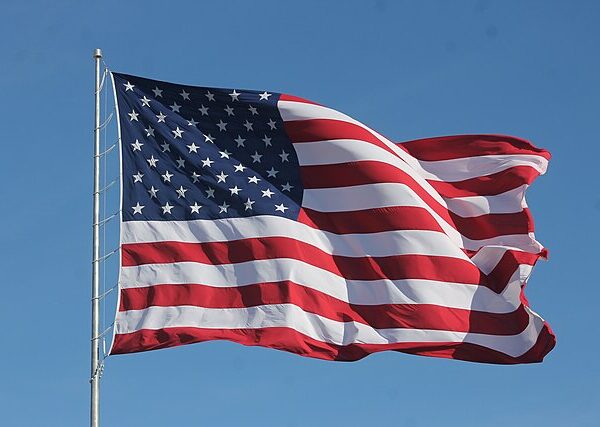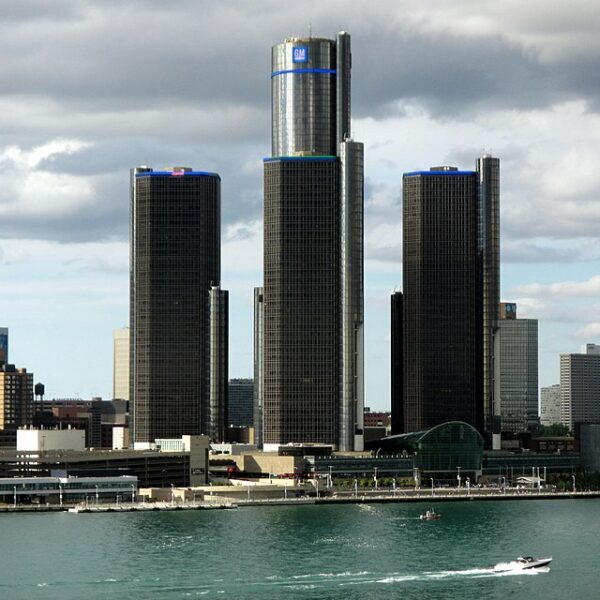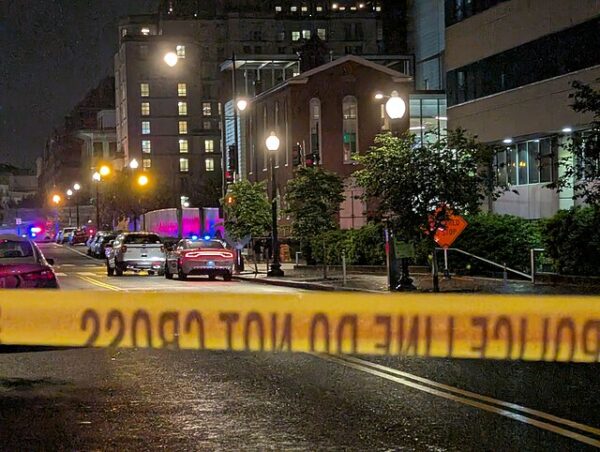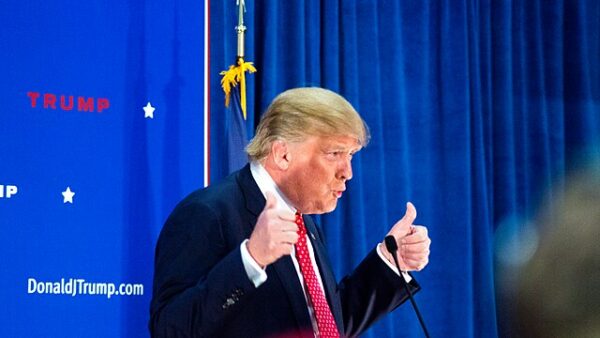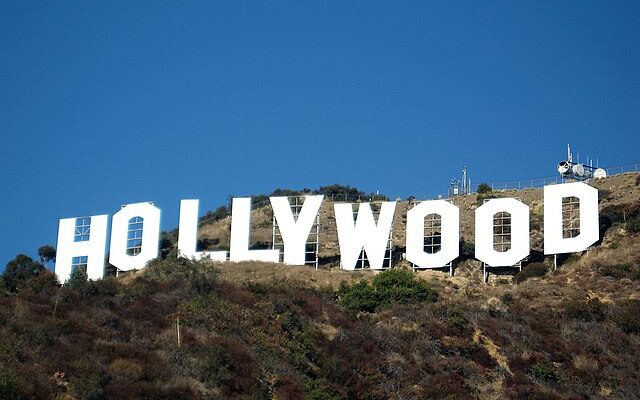
For over at least a decade now, Hollywood has bent over to censor its movies to appease Chinese communists. NPR wrote in 2022, “Today’s Hollywood blockbusters are specifically being crafted to appeal to Chinese audiences — and pass muster with the Chinese government — according to Wall Street Journal reporter Erich Schwartzel.
He highlights a few notable situations of product placement: In the 2014 film Transformers: Age of Extinction, Mark Wahlberg’s character withdraws money from a China Construction Bank ATM — while in Texas. In another scene from the same film, a character buys Chinese protein powder at a Chicago convenience store.
And just 10 days after its release, Age of Extinction became the highest grossing film of all time in China. The movie has since been overtaken at the box office by a string of other blockbusters, but Schwartzel says its influence lingers.
Schwartzel has trained his eye to spot what he calls ‘Chinese elements’ in movies: ‘You’ll start to see it everywhere,’ he says. ‘I go to the movies now and I can see the Chinese cell phone — even if it’s blurred in the frame.'”
Now, Vietnam has said enough is enough with the propaganda and has banned the latest expected blockbuster, Greta Gerwig’s Barbie, from being shown in the country.
At issue is a map shown in the film depicting a disputed area between China and Vietnam as belonging to the Chinese, despite the international community saying their claims are false.
The Daily Beast explains that the so-called “nine-dash line” is used in Chinese maps to depict a huge U-shaped area in the sea—among the most economically and geostrategically important bodies of water in the world—which it claims as its own in contravention of international law. China has continued to uphold its historic rights claim on the area, which partly falls in what Vietnam considers its own coastal shelf, despite an international arbitration ruling by a court in The Hague in 2016 finding that China has “no legal basis” to its rights claim on the vast resources in the area.
“We do not grant license for the American movie ‘Barbie’ to release in Vietnam because it contains the offending image of the nine-dash line,” Vietnam’s state-run Tuoi Tre newspaper reported, citing Vi Kien Thanh, the head of a government body in charge of licensing and censoring foreign films.
The Greta Gerwig-directed comedy, which is set to release on July 21, is just the latest movie to run afoul of Vietnamese censors for showing the nine-dash line. The 2019 DreamWorks Animation film Abominable was banned for the same reason, as was the 2022 film adaptation of the Uncharted video game series. Netflix pulled the Pine Gap spy drama from Vietnam in 2021 over two episodes showing maps which Hanoi officials said were a “misrepresentation of Vietnam’s sovereignty” and had “angered and hurt the feelings of the entire people of Vietnam.”
After the Second World War, China’s then Nationalist government produced a “Location Map of South Sea Islands” which originally featured 11 dashes demarcating what it claimed as its own territory within the region based on centuries-old naval explorations. Later, in the 1950s, Chairman Mao gave up the claim to the Gulf of Tonkin to Vietnam, removing two of the dashes, though retaining most of its ancient sovereignty claim over the sea.
The CCP has refused to bow to the criticisms, however. They know that Hollywood will always value money ahead of art.
Last year, Voice of America reported, “China is stepping up censorship of U.S. films as producers make movies with an eye toward pleasing Beijing yet without isolating the global audience, industry insiders say.
The roughly 25-year-old practice of cutting scenes that don’t conform to Communist Party ideals from Hollywood movies has expanded.
“Now it’s kind of escalated in the sense that they’re much more direct in banning films outright rather than just tampering or asking for scenes to be removed,” said Stanley Rosen, a University of Southern California political science professor who follows China’s film industry.
Industry observers say censors are also asking that versions of movies for audiences outside China follow Beijing’s script.”
Last week, after some pushing from Senator Ted Cruz of Texas, the U.S. Department of Defense finally announced that it would stand up for American values. The DOD said that they will not work with films that are allowed to be censored by the Chinese.
“The issue became prominent several early trailers for last year’s “Top Gun: Maverick” had the Taiwan and Japan flags removed from the iconic flight jacket worn Capt. Pete “Maverick” Mitchell, the classic character made played by Tom Cruise,” according to Fox News.
“The request was made to appease one of the film’s investors, Chinese company Tencent, though after criticism here in the U.S. – and after Tencent dropped its investment – the flags returned to the film.
A DoD document provided to Politico this week, revealed the department updated policy when it comes to working with Hollywood. It claimed the department “will not provide production assistance when there is demonstrable evidence that the production has complied or is likely to comply with a demand from the Government of the People’s Republic of China … to censor the content of the project in a material manner to advance the national interest of the People’s Republic of China.”
The Department of Defense has worked with Hollywood on films for decades, advising the film industry on military elements portrayed in films, allowing Hollywood to shoot projects on bases or ships, among other locations.”
Movies often work with the United States military. For example, the U.S. Navy let filmmakers use its F/A-18 Super Hornets fighter jets for the film’s incredible action scenes.
[Read More: ‘This Was Organized Crime’]

